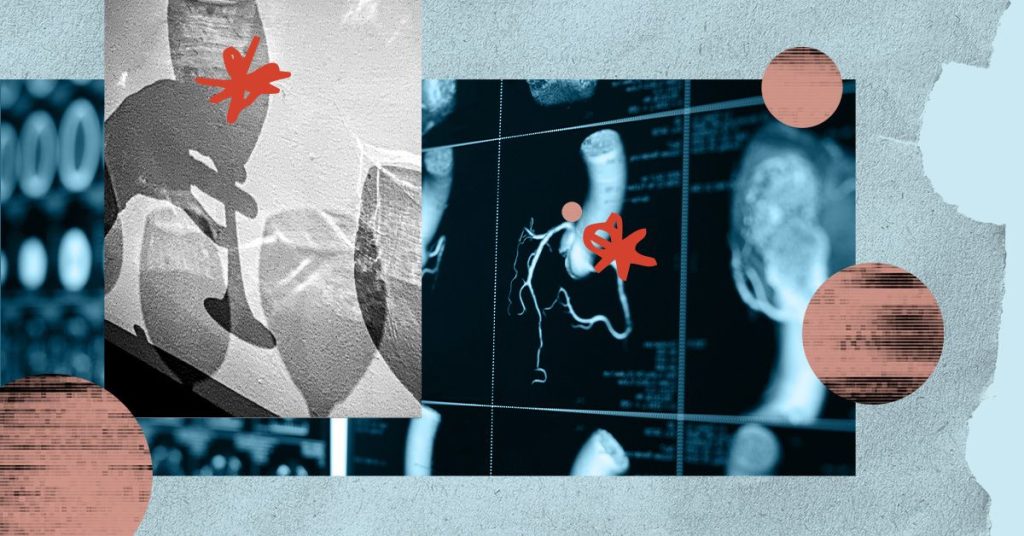Two recent preliminary studies conducted on rodents have shed light on the detrimental effects alcohol can have on heart health. The first study looked at the impact of alcohol on the heart in females with estrogen replacement, while the second focused on binge drinking. Researchers found that alcohol consumption may cause more heart problems in females taking an estrogen replacement, and binge drinking can lead to heart arrhythmia. These findings were presented at the American Heart Association’s Basic Cardiovascular Sciences Scientific Sessions 2024 but have not yet undergone peer review or been published in a scientific journal.
Alcohol consumption can affect the body in numerous ways beyond liver problems, including cardiovascular issues. The National Institutes on Alcohol Abuse and Addiction (NIAAA) reports that 84.1% of individuals in the United States aged 18 and older have consumed alcohol at some point in their lives. While the U.S. government recommends limiting alcohol intake, nearly one in four adults have reported binge drinking in the past month. Binge drinking can negatively impact the brain, heart, liver, immune system, and increase the risk of cancer.
The first study involved female rats with induced menopause and estrogen replacement to simulate different hormone levels. Researchers found that while estrogen replacement resulted in reduced weight gain and fat mass, it also led to higher blood pressure and decreased cardiac functioning. The rats also experienced a reduction in heart ejection fraction and issues with circadian clock proteins, potentially increasing the risk of heart failure. The second study focused on binge drinking and found that mice exposed to alcohol developed cardiac arrhythmias, such as atrial fibrillation, while those receiving a heart-protective molecule did not experience these issues.
Experts in cardiology have weighed in on these studies, highlighting the complex relationship between alcohol consumption and heart health. While hormone replacement therapy may not fully protect against alcohol’s damaging effects, future therapies to combat alcohol-induced arrhythmias show promise. The studies emphasize the importance of moderating alcohol consumption, especially for menopausal women and individuals prone to binge drinking. Recommendations include following guidelines for heart-healthy living, such as diet, exercise, and nicotine cessation, to reduce the risk of cardiovascular disease.
In conclusion, research on alcohol’s effects on heart health continues to evolve, with recent studies highlighting the impact of estrogen replacement and binge drinking on cardiac function. These findings underscore the need for public education on the risks of excessive alcohol consumption and the importance of moderation to protect heart health. Further research, including studies on larger animals, is planned to translate these findings into clinical applications and develop strategies to prevent Holiday Heart Syndrome and other alcohol-related cardiovascular issues. Ultimately, maintaining a balanced lifestyle that includes regular physical activity, a healthy diet, and limited alcohol intake is essential for promoting heart health and preventing cardiovascular disease.













